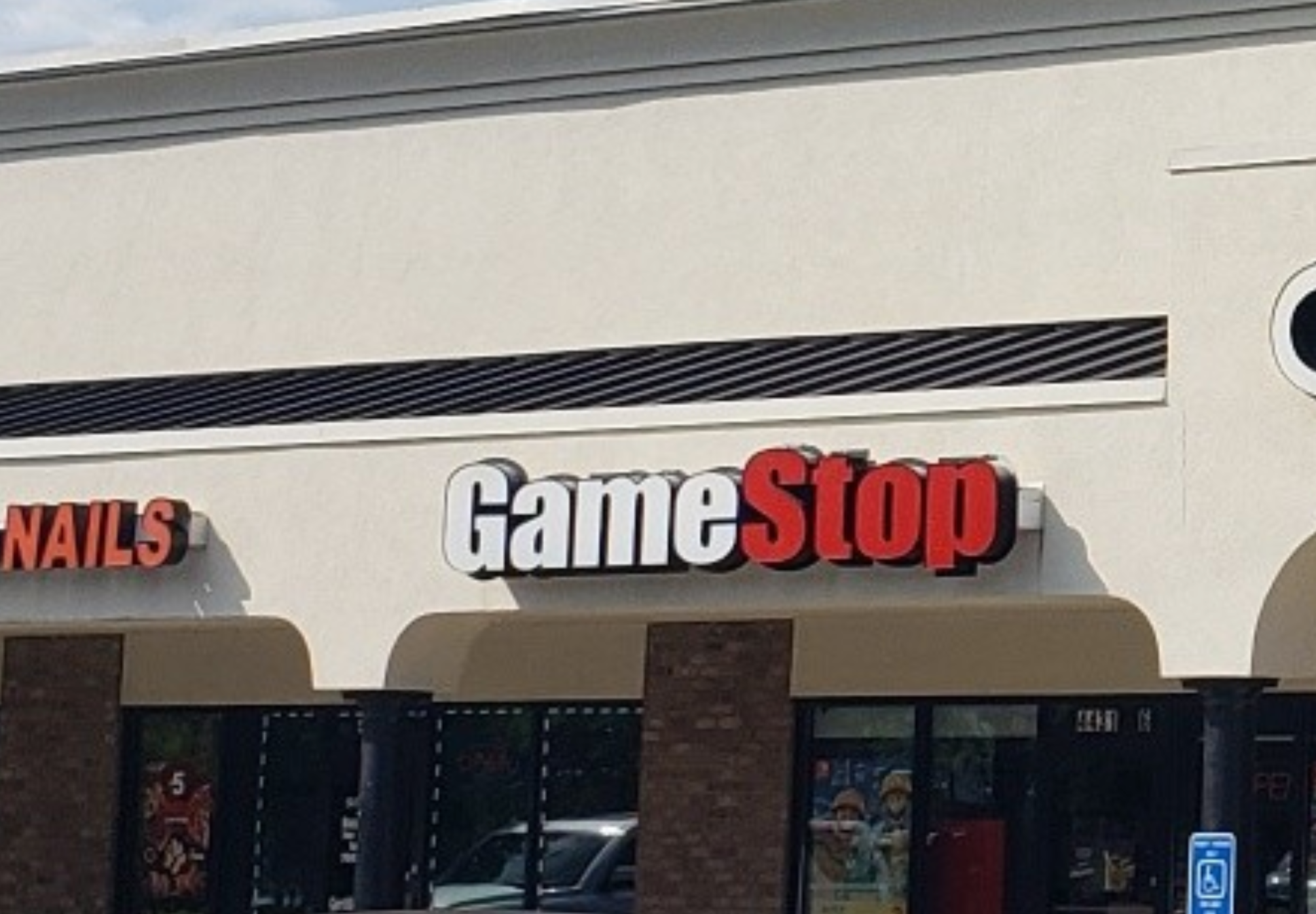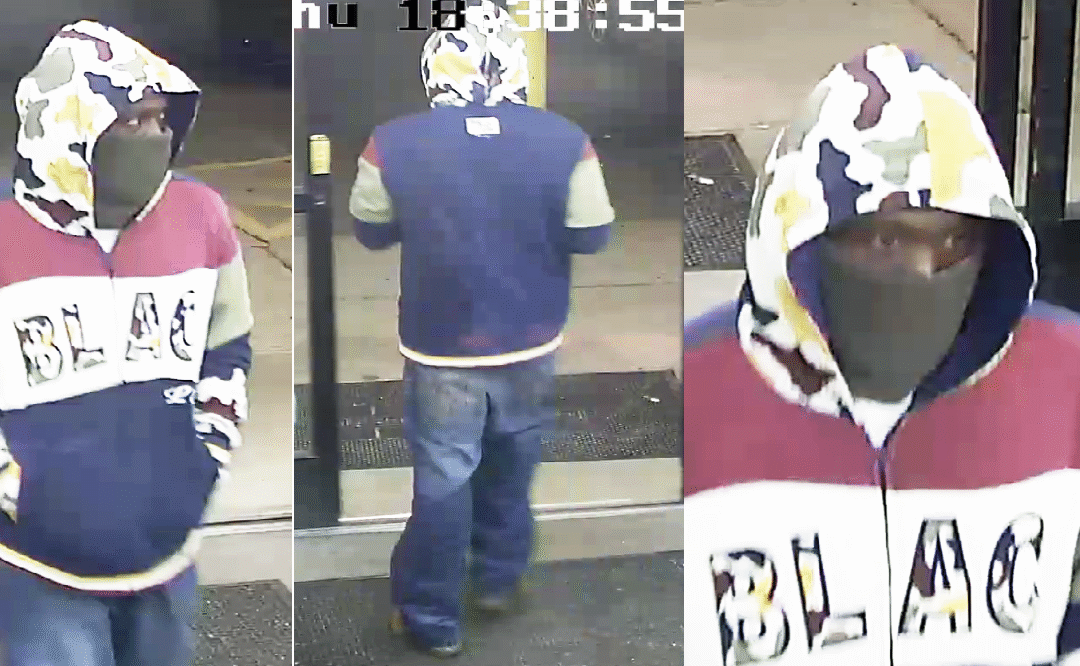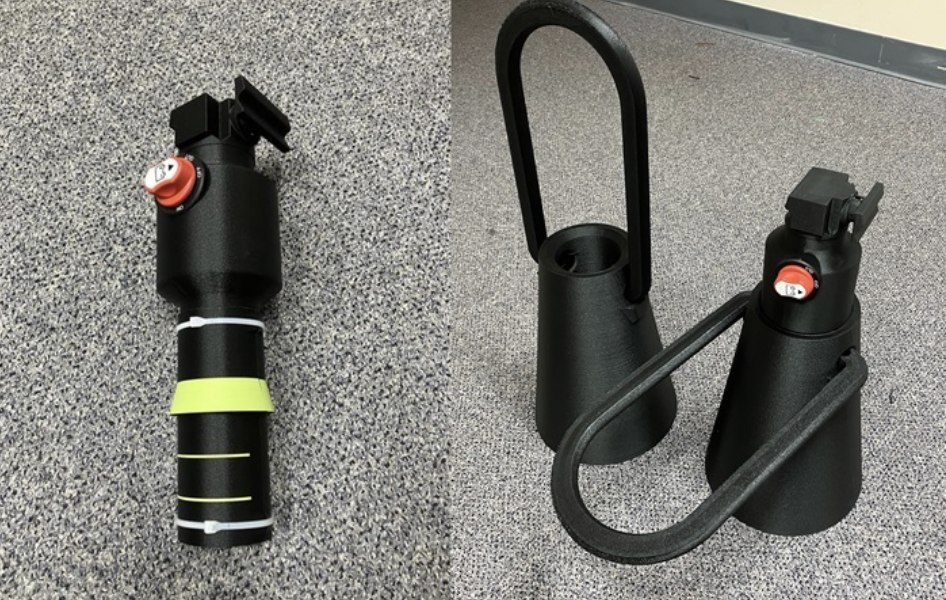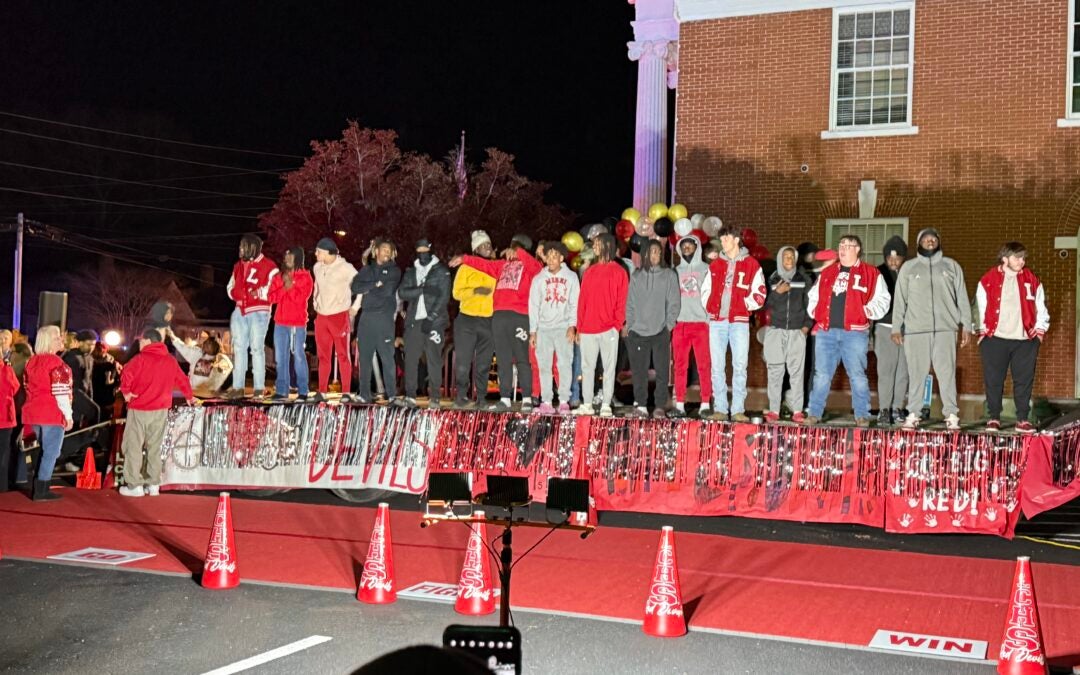This past week, GameStop and several other companies experienced a wild ride on the stock market as individual investors, spurred on by social media platform Reddit’s discussion board Wall Street Bets and YouTuber Roaring Kitty, competed against institutional hedge funds and sent stock prices soaring.
[adrotate banner=”13″]
At one point, GameStop stock soared 1,700 percent as small investors essentially “gamed” the market. The price of GameStop stock rose from $4 to $24 a share, according to NBC. GameStop currently operates seven locations in the CSRA. Other companies affected by the stock manipulation include AMC, Koss, BlackBerry and American Airlines.
Dr. Peter M. Basciano, an associate professor of finance at Augusta University’s Hull College of Business believes that this trading will end badly.
“The stock price will definitely crash and return to a level appropriate given the business fundamentals and prospects. We are likely to see future investigations, litigation and regulation as a result of these developments,” he stated.
On top of the wild price swings with the stock, Robinhood, a broker and clearinghouse designed to encourage small traders – mainly Millennials — to get into the market easily, added to the chaos by suspending trading. Robinhood’s actions led to speculation of manipulation of the smaller investors.
[adrotate banner=”19″]
“In my view, the bigger legal question will be if there was any market manipulation and the role of institutions in the trading” Basciano stated. “Given the share volumes, this is not an individual investor only trade.”
The investors most likely to be harmed are those who were engaged in a “short sale.”
“A short sale is where an individual or firm borrows the stock off of their broker and then sells the borrowed share. They do this betting the market price of the stock will fall, and they can buy back the stock at a later date for less than they sold it for and repay the loan,” Basciano said.
The Reddit crowd jumped on the opportunity to drive the price up, causing the hedge funds that had shorted the stock to incur substantial losses. The action resulted in GameStop’s market value being overinflated. The market will eventually course correct once there are no more buyers willing to pay the inflated price.
“It is like a house of cards that will eventually come crashing down (likely sooner than later) when there is no ‘greater fool’ willing to pay the inflated price. It is not a matter of if, just a matter of when people get hurt in this trade. At some point in time, the stock value will return to reflect financial and operational realities of the firm,” Basciano stated.
[adrotate banner=”24″]
GameStop hardly seemed like a company whose shares ought to be rising. Speculation has gone on for months as to how GameStop would deal with decreased cash flows and losses. Many investors anticipated the company was headed towards bankruptcy, which could affect the seven local stores.
News surrounding GameStop is likely to be surrounded by the stock controversy for months to come. How the swings in valuation of the company and the potential for bankruptcy will affect the local stores is unclear.
Also unclear is how the peculiar investment patterns in GameStop will affect the broader market. Stock price games are as old as the market itself, as are bubbles, which occur when a stock becomes grossly overinflated. While the “injured” parties are likely to ask for more government regulation, this does not appear likely. Government officials have shown no sympathy for the hedge funds that shorted GameStop stock.
On the other hand, as Dr. Basciano noted, the presence of market manipulation (usually done by circulating false or misleading information) could lead to legal consequences. Lawsuits and prosecutions could happen, and both houses of Congress announced last week that they planned hearings on the matter. None of this, incidentally, is likely to do GameStop any good.
Joe Edge is the Publisher for The Augusta Press. Reach him at joe.edge@theaugustapress.com
[adrotate banner=”43″]











